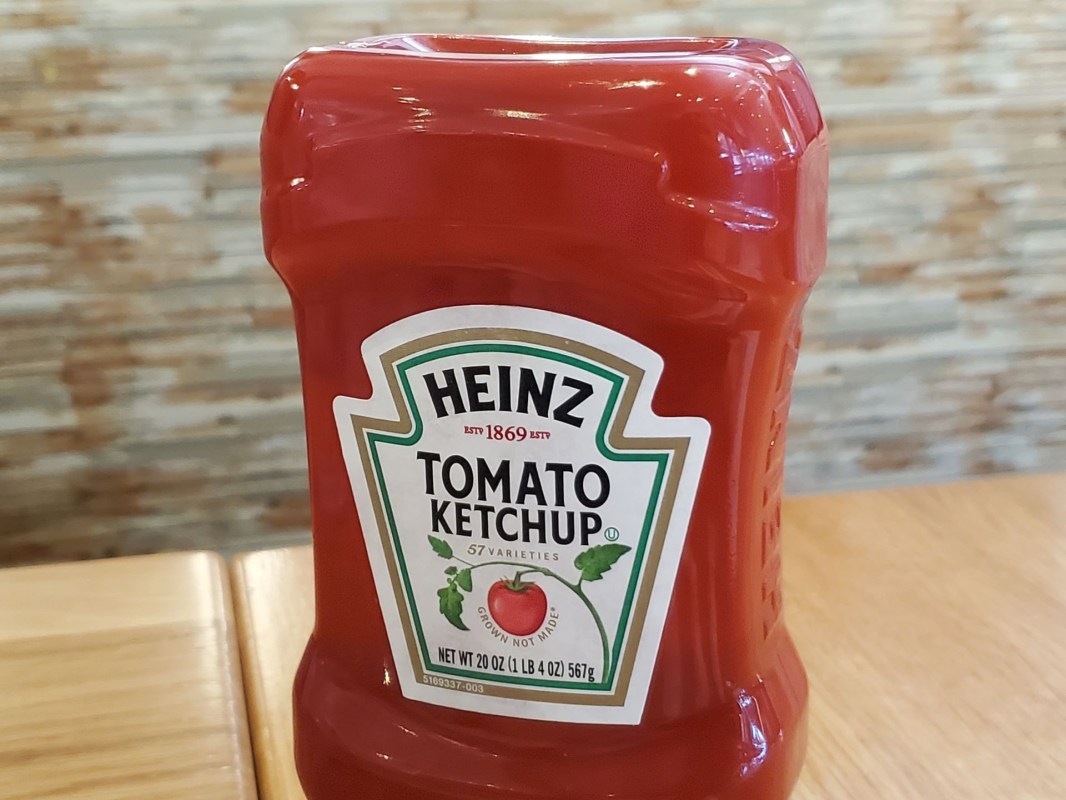Plastic creates waste that doesn't decay naturally and is difficult to recycle.
Thankfully, some companies have been moving away from plastic packaging and looking for eco-friendly alternatives. The latest to join the movement is Heinz, which is testing ketchup bottles made from wood pulp.
For decades, recycling has been promoted as the answer to plastic pollution — but as Greenpeace recently reported, only around 5% of plastic waste actually gets recycled. Facilities capable of recycling this material often don't accept the most common types, and the recycling process itself creates tiny, harmful fragments called microplastics.
It is becoming apparent that the most effective way to reduce plastic waste in the environment is to stop producing so much of it to begin with — ideally completely removing it from major products such as food.
While most manufacturers still use plastic, a few companies are slowly testing other options. Mars Wrigley is trying out paper candy bar wrappers in Australia; Coors Light has done away with plastic six-pack rings; and Kraft is removing the plastic Shake 'n Bake bag. Now, Heinz is joining the lineup with the help of eco-friendly packaging company Pulpex.
"Heinz, maker of the world's favorite ketchup and beloved condiments, is teaming up with Pulpex to develop a paper-based, renewable and recyclable bottle made from 100 percent sustainably sourced wood pulp," says the Pulpex announcement of the project that proclaims it "the ketchup bottle of tomorrow."
Heinz lovers will still be able to enjoy the same delicious flavor, but it will now be much easier to recycle the bottles once they're empty, as Pulpex reports they can go into a recycling bin with paper waste.
Meanwhile, it says the "carbon footprint" of the bottles — meaning the amount of heat-trapping air-polluting carbon released into the atmosphere when manufacturing and disposing of them — will be much smaller than the current glass and plastic bottles.
While the project is still in the prototyping phase, Heinz says it has committed to making all its packaging recyclable, compostable, or reusable by 2025.
Join our free newsletter for easy tips to save more, waste less, and help yourself while helping the planet.








